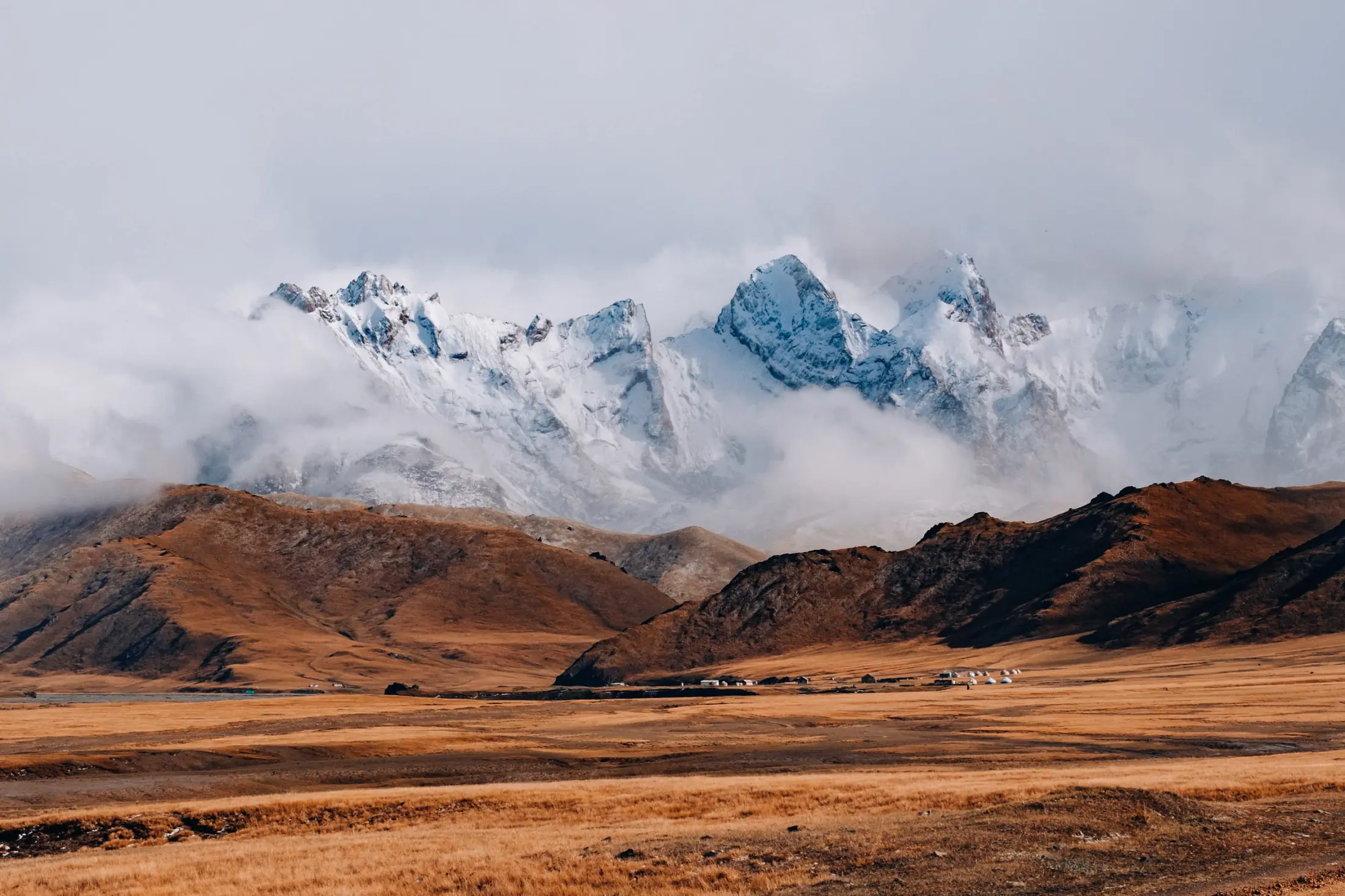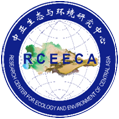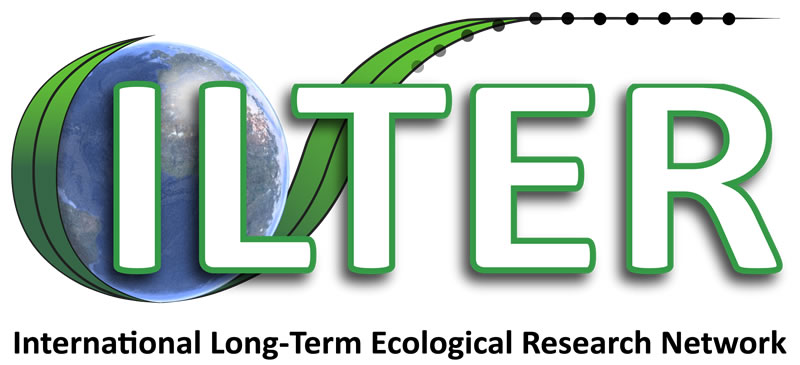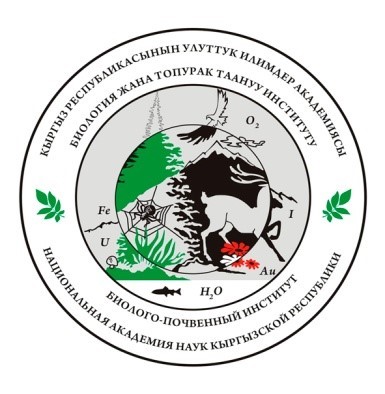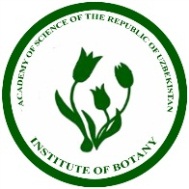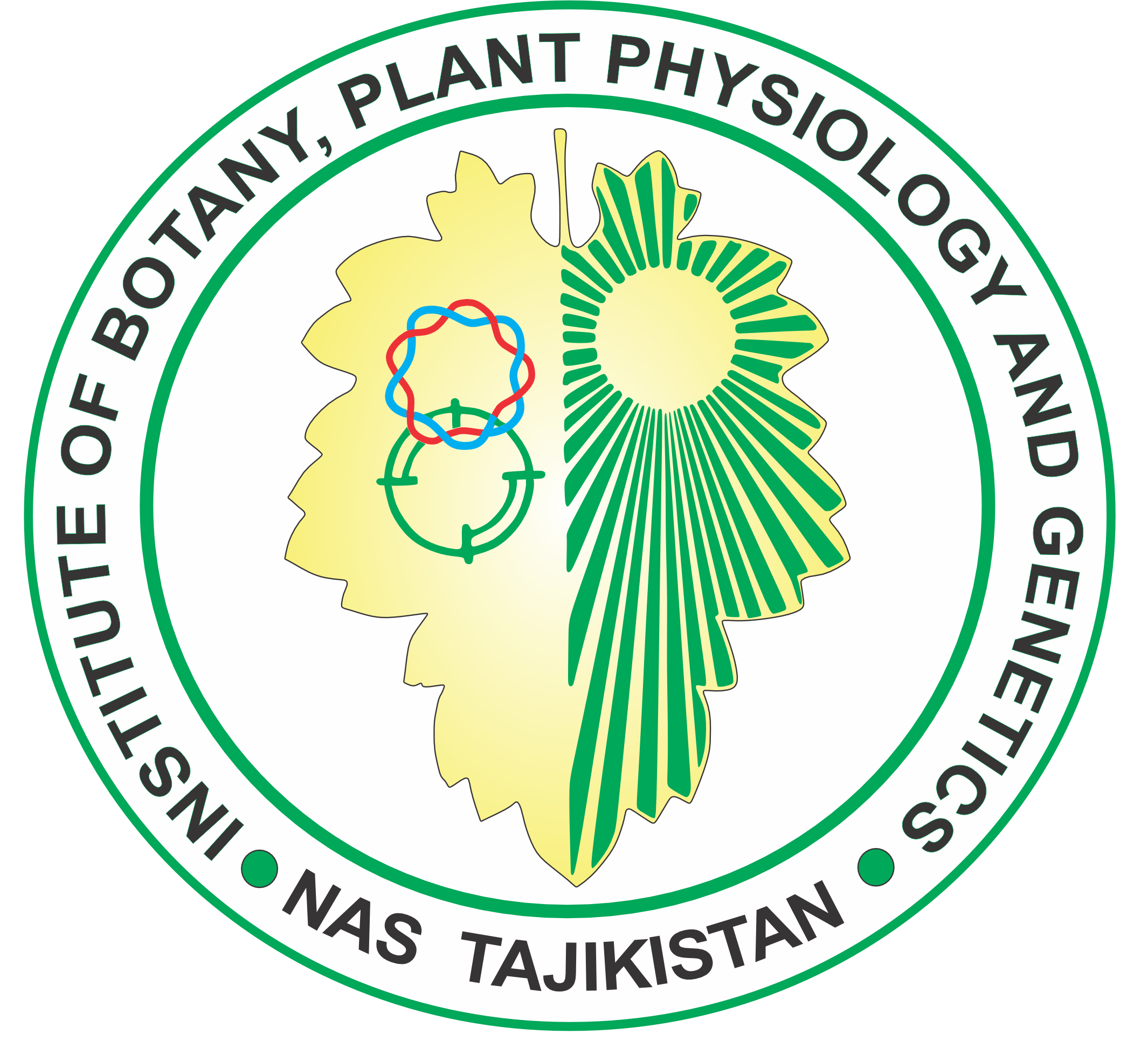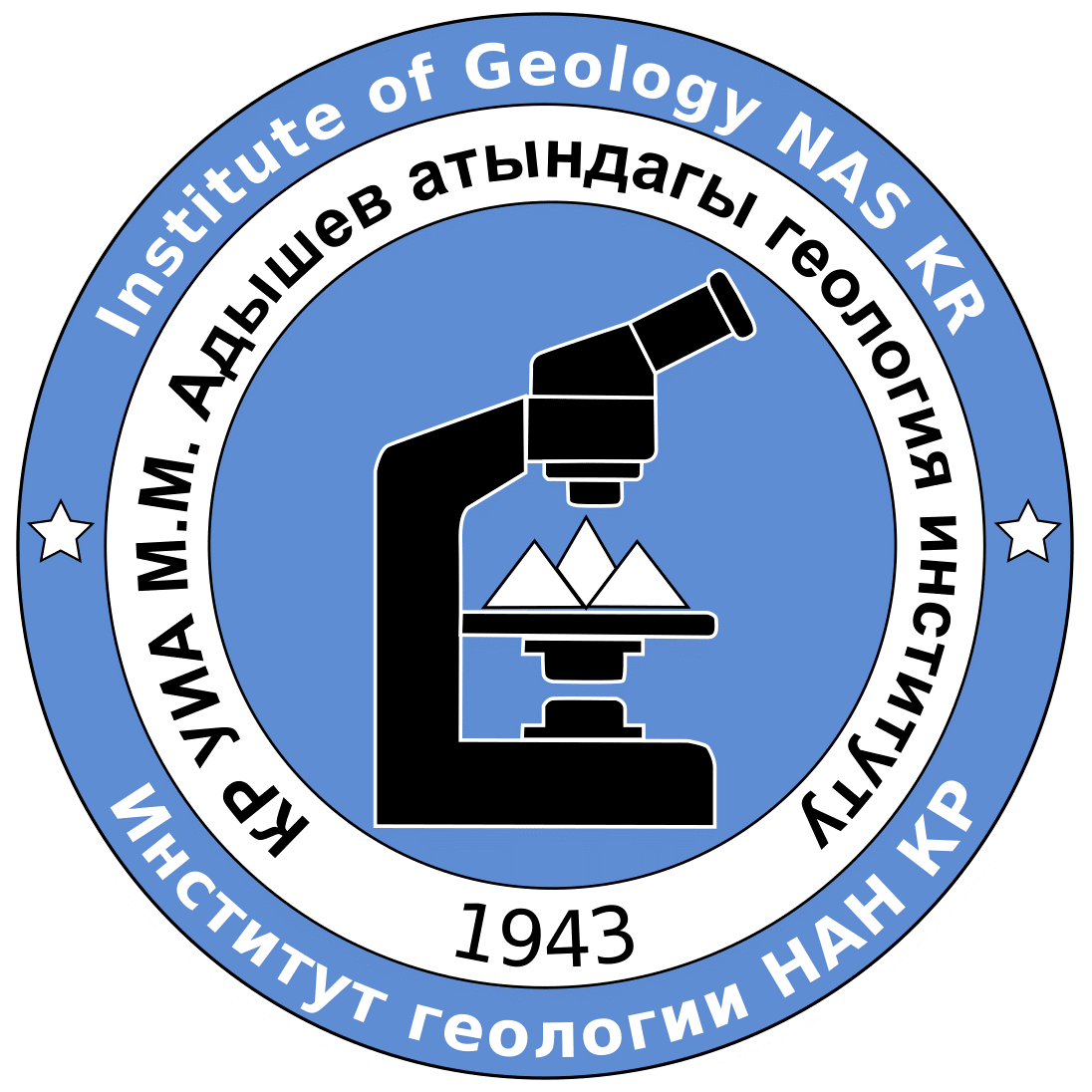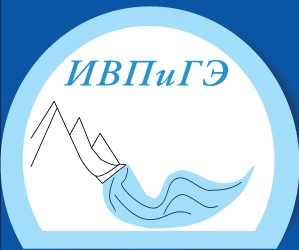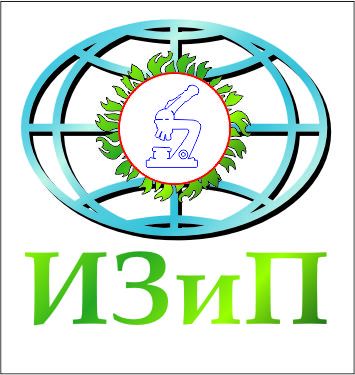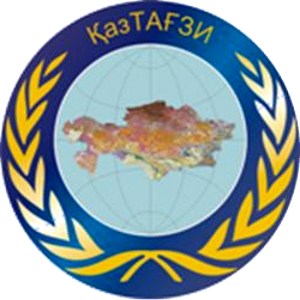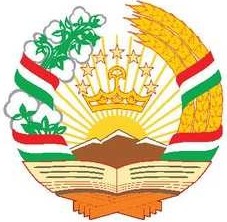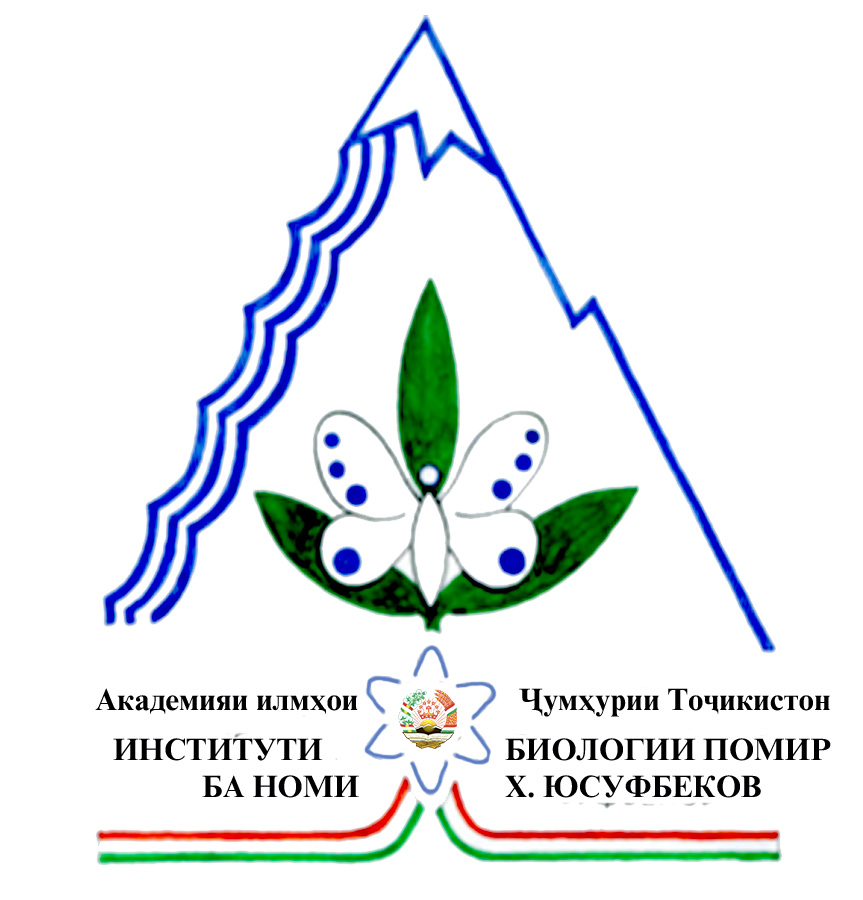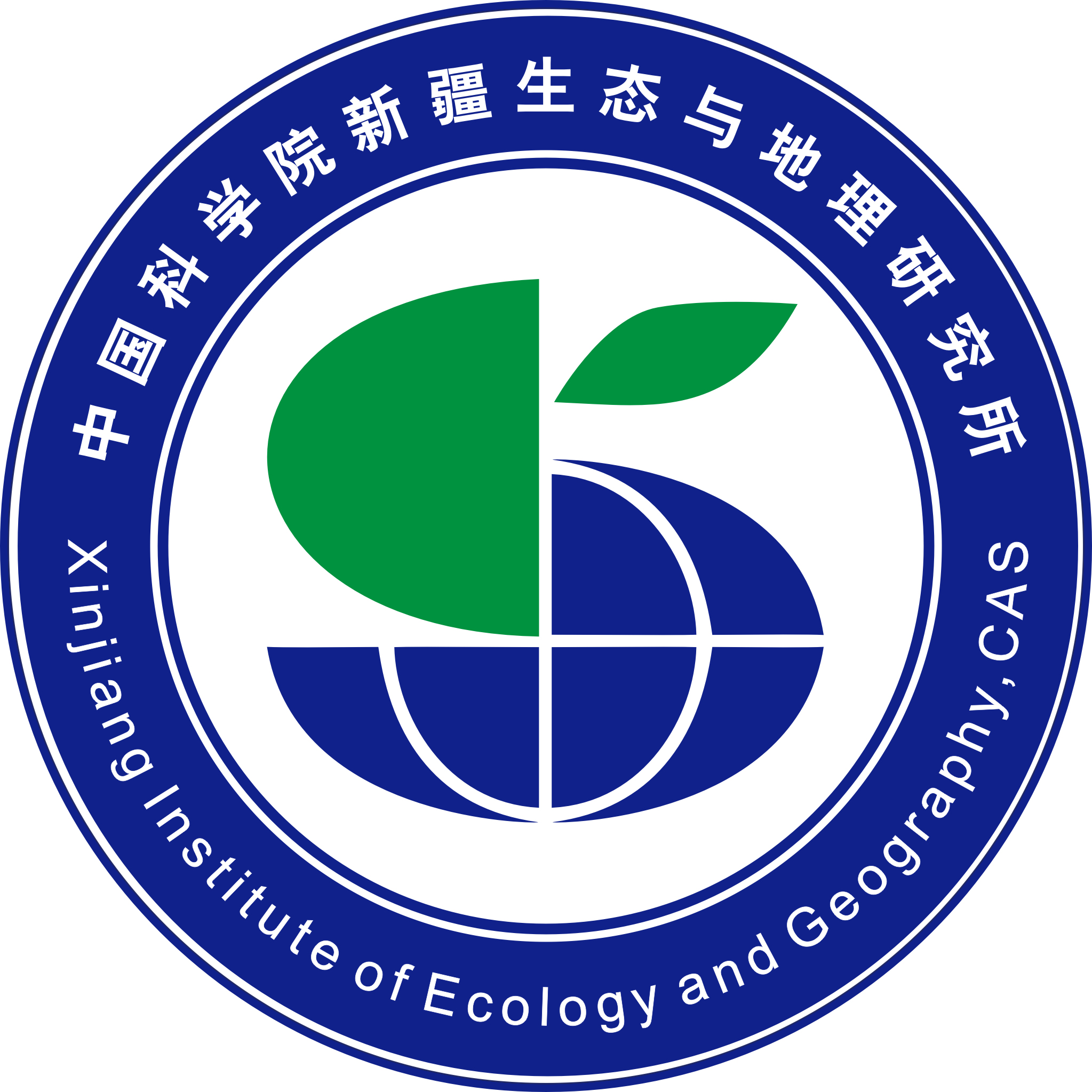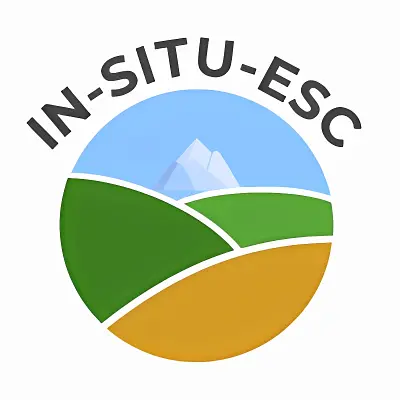The Challenge
In Central Asia, ecosystems are vulnerable to climate and human activities, and their ecosystem services are degrading. The Central Asia`s progress tracking for SDGs goal 15 are limited by insufficient in-situ ecosystem observation, inconsistency monitoring indicator system, lack of standard data product and sharing.
The Solution
Our project team builds upon 35-year experiences of the Chinese Ecosystem Research Network and 10-years work of the Center for Ecology and Environment of Central Asia to enhance in-situ ecosystem observation, data management and sharing capacity in the Central Asia.
We develop protocols for in-situ observation, data process and sharing for the Central Asia. We pilot integrated monitoring and grassland ecosystem function assessment. We enhance regional research cooperation, knowledge sharing and capacity building.
Latest Developments
International Training Course on Terrestrial Ecological Monitoring Technologies and Applications in China and Central Asia
It aims at enhancing capacity of young researchers and technicians in Central Asia on terrestrial ecosystem monitoring technologies, data production and sharing. Workshop participation is by invitation only. September 9-12 2023
Our Impact
We established a data repository (ecodb.scidb.cn) to provide data storage and sharing services. It shared 446 GB data and was downloaded for over 110k times.
An Ecological Monitoring and Management Research Alliance in the Central Asian Region was established with 16 organizations, and a knowledge hub established (ccarema.org).
A series of datasets about Central Asias ecosystems were produced. A special issue at the Journal of Chinese Science Data entitled “key data for assessment of typical terrestrial ecosystems in the arid zone of Central Asia” is in publishing.
Policy Drivers
The conservation, restoration and sustainable utilization of ecosystems and their services is a shared goal of Group on Earth Observations (GEO), UN 2030 Sustainable Development Goals and the Kunming-Montreal Global Biodiversity flamework(GBF).
These include SDGs15.1 ensure conservation, restoration and sustainable use of terrestrial and inland freshwater ecosystems and their services, and SDGs 15.3 combat desertification, and restore degraded land and soil, GBF Target 21 Ensure that the best available data, information and knowledge are accessible to decision makers, practitioners and the public to guide effective and equitable governance, integrated and participatory management of biodiversity.
Our Donors
Our Partners
Participating Organizations
Non-affiliated
NASKR Biology and Pedology Institute
Institute of botany of Academy of Sciences of the Republic of Uzbekistan
Institute of Geology NAS KR
Institute Of Water Problems And Hydro-Power NAS KR
Institute of Water Problems, Hydropower and Ecology AS RT
E.N. Pavlovsky Institute of Zoology and Parasitology
Kazakh Research Institute of Soil Science and Agrochemistry named after U.U.Uspanov
Kh.Yu. Yusufbekov Pamir biological institute
